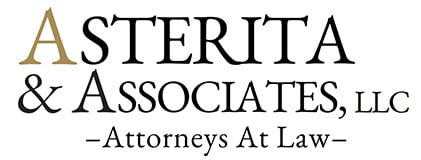Residential leases are legally binding agreements that set the terms under which one party agrees to rent property from another. These contracts form the foundation of relationships between landlords and tenants. As such, understanding their key terms and broader necessary considerations is important for both parties to a lease.
While a poorly drafted and/or uninformed lease can inspire confusion and disputes, a well-drafted lease can help to prevent escalating tensions and help to ensure a mutually beneficial rental experience.
Notable primary concerns
When it comes to a thoughtful lease, several terms should be clarified without room for questions or doubt. For example, a lease term specifies the duration of the rental agreement. It can be short-term (such as a month-to-month lease) or long-term (typically a year). Understanding the start and end dates of the lease and the terms of renewal can help to ensure that everyone’s expectations are aligned.
Clearly defined rent details are also important. They should include not only the amount of rent owed but also when and how it should be paid. The lease should specify the due date, acceptable payment methods and the procedure and penalties for late payments. Sometimes, leases also include terms about rent increases, which are especially important in longer-term agreements.
Additionally, if a lease requires a security deposit to cover potential damage to the property, it should state the amount of the deposit, the conditions under which it will be retained or refunded and the timeline for its return after the lease ends.
Notable secondary concerns
While not a primary concern, a lease should outline who is responsible for maintenance and repairs. Typically, landlords handle major repairs and maintenance, while tenants may be responsible for minor issues and everyday upkeep. Similarly, it’s important to specify which utilities (electricity, water, gas, internet and so on) are included in the rent and which are the tenant’s responsibility.
Additionally, a lease should lay out any specific rules or regulations governing the property. These can include policies on pets, noise levels, alterations to the property and guest policies. Clarifying these rules helps prevent conflicts during a tenancy.
Finally, understanding the conditions under which the lease can be terminated by either party is important. The lease should outline the notice period required to end the lease and the conditions under which eviction can occur.
Ultimately, a clear and comprehensive lease agreement can lay a strong foundation for a positive landlord-tenant relationship in which both parties are aware of their rights and responsibilities.

